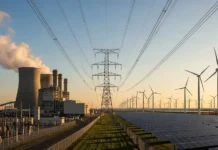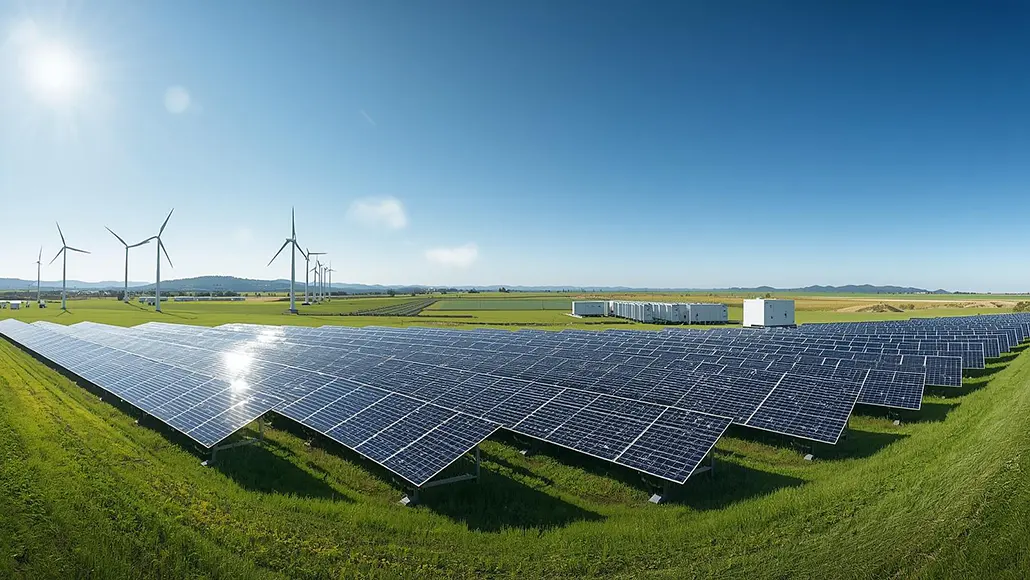Saudi Arabia has signed renewable energy contracts exceeding 9 billion Saudi riyals ($2.4 billion) as part of its broader agenda to expand clean power generation while maintaining low production costs.
The Saudi Power Procurement Company (SPPC) awarded the deals across five projects, four solar and one wind, with a total capacity of 4,500 megawatts, according to a statement from the Saudi Press Agency (SPA). The announcement was made during the Future Investment Initiative summit held in Riyadh.
Among the awarded ventures, the Najran Solar Energy Project, developed in partnership with Abu Dhabi’s Masdar, will deliver 1,400MW at a levelised cost of energy (LCOE) of 1.09682 US cents per kilowatt-hour. SPPC described it as the second-lowest LCOE globally for solar power, following the kingdom’s Shuaiba 1 plant. Masdar will also undertake the Ad Darb Solar Plant in Jazan province, with a 600MW capacity and an LCOE of 1.36070 US cents.
- Najran Solar Energy Project – 1,400MW; LCOE: 1.09682 US cents (Masdar)
- Ad Darb Solar Plant – 600MW; LCOE: 1.36070 US cents (Masdar)
- Samtah Solar Plant – 600MW; LCOE: 1.48678 US cents (Saudi Electricity Company & EDF Power Solutions)
- Sufun Solar Plant – 400MW; LCOE: 1.50686 US cents (Al Jomaih Energy and Water Company & TotalEnergies Renewables)
- Dawadmi Wind Energy Project – 1,500MW; LCOE: 1.33803 US cents (Korea Electric Power Corporation, Nesma Renewable Energy Company & Etihad Water and Electricity Company)
Masdar chief executive Mohamed Al Ramahi said in a separate statement that the Najran and Ad Darb projects represent a “significant expansion” of the company’s Saudi portfolio and will “contribute to the kingdom’s sustainable economic growth”.
According to SPA, the renewable energy contracts demonstrate “the efficiency of the kingdom’s financing and development models and the growing confidence in its investment environment”. Saudi Arabia continues to expand its renewable energy base under Vision 2030, the national economic diversification programme aimed at attracting global investment and supporting the establishment of international operations in the country.
The International Energy Agency projects that renewable generation across the Middle East will increase by roughly 14 per cent annually through 2027, with the sector’s share in the regional energy mix expected to rise from 5 per cent to 7 per cent.










































